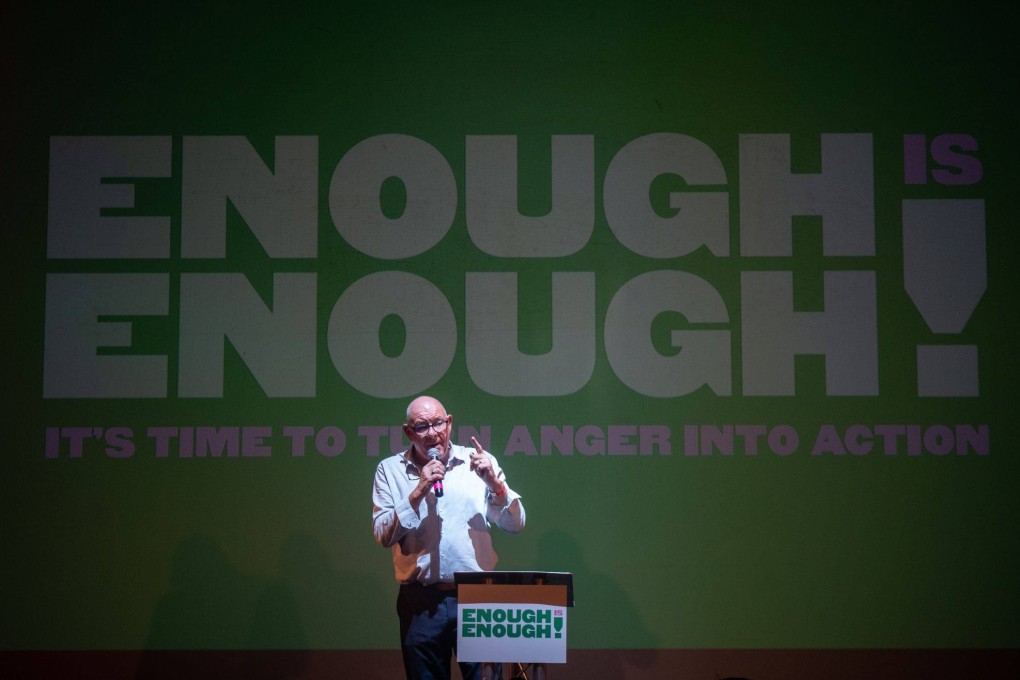Opinion | Big business? Big government? To deliver social change, we need a third way
- Neither big government nor big business is capable of addressing the social fallout from neoliberalism – rising inequality, climate warming, populism and polarisation
- Social enterprises can deliver true change, but they need private-sector know-how to tap funding from stock markets – to create social equity markets

For too long, we have been told the choice is the state or the market. Former US president Ronald Reagan famously said: “Government is not the solution to our problem. Government is the problem.”
Together with former British prime minister Margaret Thatcher, he launched the global shift towards free-market fundamentalism. This was a right-wing reaction to the endless fiscal deficits and inflation generated by left-wing Keynesian economists’ preference for government intervention to solve market failures.
Neoliberal free-market ideas have, in effect, pushed for bigger governments in thrall to big businesses and huge vested interests. This sparked forces of polarisation since the 1 per cent benefited more than the 99 per cent. Guardian columnist George Monbiot argued that neoliberalism’s failures led to disenfranchisement and a feeling of wanting to go back to old times that opened the door to fascism.
